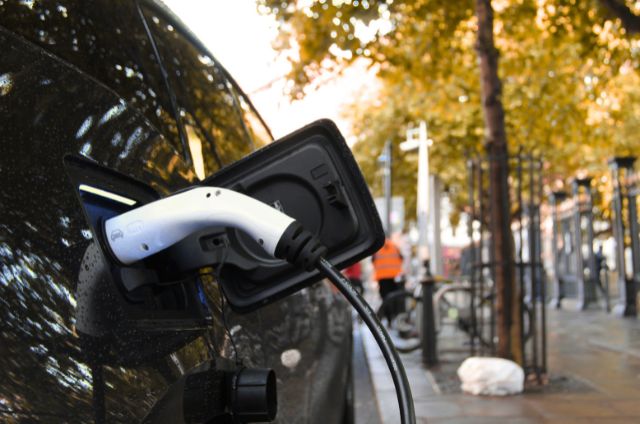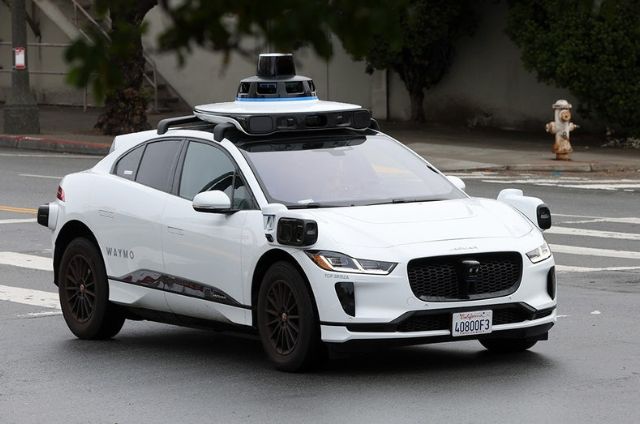The Ongoing Debate
One of the biggest questions drivers ask before switching to electric is simple: Is it really cheaper? Fuel costs remain a hot topic, with drivers sharing very different experiences. Some highlight higher electricity bills, while others say they’re saving hundreds every month compared to gasoline.
What’s clear is that the answer depends on how and where you charge — but the math shows a clear trend in favor of EVs.
Breaking Down the Numbers
Using national averages, the difference is striking. A typical driver covering 1,250 miles per month spends about $159 on gasoline if their car averages 25 miles per gallon at $3.18 per gallon.
By contrast, an EV that averages 3 miles per kilowatt-hour uses roughly 417 kWh per month. At an average residential rate of 17.5 cents per kWh, that comes to just $73.
That’s less than half the cost of gasoline. Over a year, the savings can exceed $1,000.
Why Charging Costs Less
Electricity rates vary, but charging overnight at home often brings the lowest prices. Many drivers also enjoy special time-of-use rates, workplace charging, or even incentives from utilities. Public charging can cost more, especially for fast charging, but most owners rely on home charging for everyday use.
Another advantage is predictability. Gas prices rise and fall with global markets, while electricity tends to stay steady — especially for those who pair EV ownership with solar or fixed-rate plans.
More Than Just Savings
Owners say the real benefits go beyond cost. Charging at home eliminates trips to the gas station, and preheating or cooling the cabin from an app makes daily driving easier. Add in lower maintenance and quiet, instant acceleration, and it’s clear why so many say they’ll never go back.
On average, charging an EV costs far less than fueling a gas car — and the convenience makes the switch even more rewarding.



